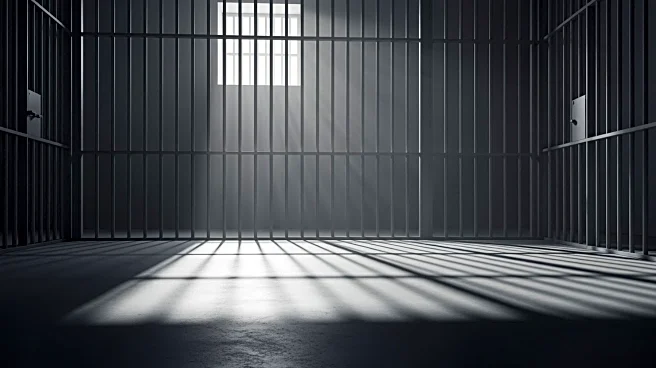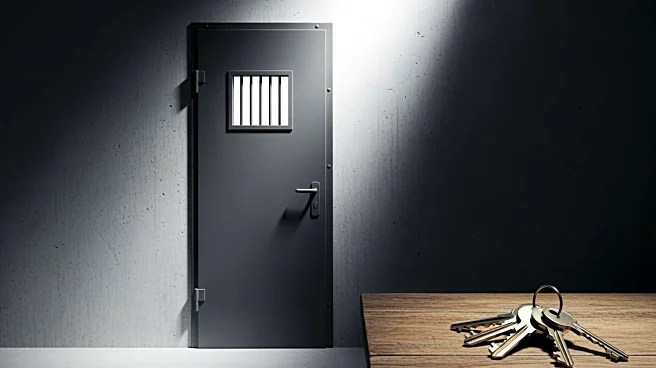What's Happening?
A recent study reveals that investors have purchased about 25% of single-family homes in Philadelphia over six years, focusing on lower-priced neighborhoods predominantly inhabited by Black and Hispanic communities. Conducted by the Reinvestment Fund
and the Center for Law, Inequality, and Metropolitan Equity at Rutgers Law School, the study highlights that these investors, ranging from small entities to large corporations, are primarily renting out properties rather than flipping them. This trend has led to increased property prices and rents, making it difficult for local homebuyers, especially those with lower incomes, to compete in the market.
Why It's Important?
The influx of investor purchases in Philadelphia's housing market has significant implications for affordability and community dynamics. While investors can revitalize neighborhoods by renovating properties and expanding rental options, they also risk displacing low-income residents and altering the community fabric. The study indicates that larger corporate landlords are more likely to evict tenants, raising concerns about housing stability. This trend underscores the need for balanced investment strategies that protect vulnerable populations while promoting neighborhood development.
What's Next?
The study suggests several policy recommendations to mitigate the negative impacts of investor-driven housing markets, including improved licensing, proactive inspections, and greater transparency in property ownership. Local and state lawmakers may consider implementing regulations to ensure responsible landlord practices and protect tenant rights. Community groups are also expected to play a role in advocating for policies that address these challenges. The evolving investor landscape in Philadelphia will require ongoing monitoring to ensure equitable housing opportunities.
















